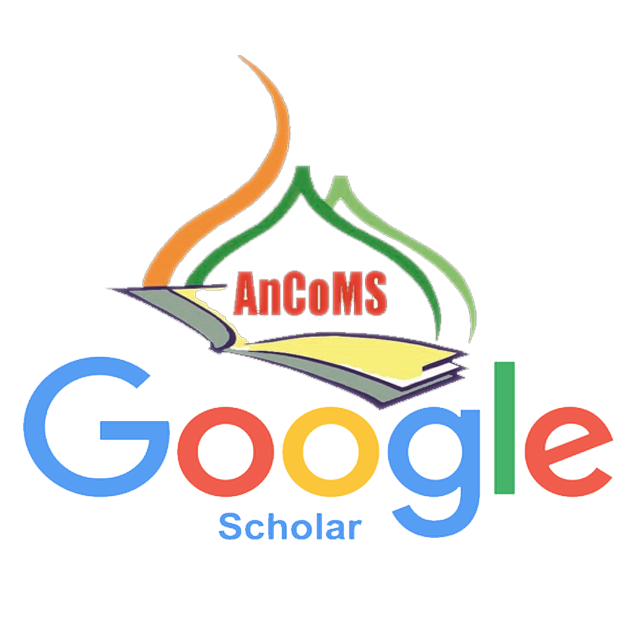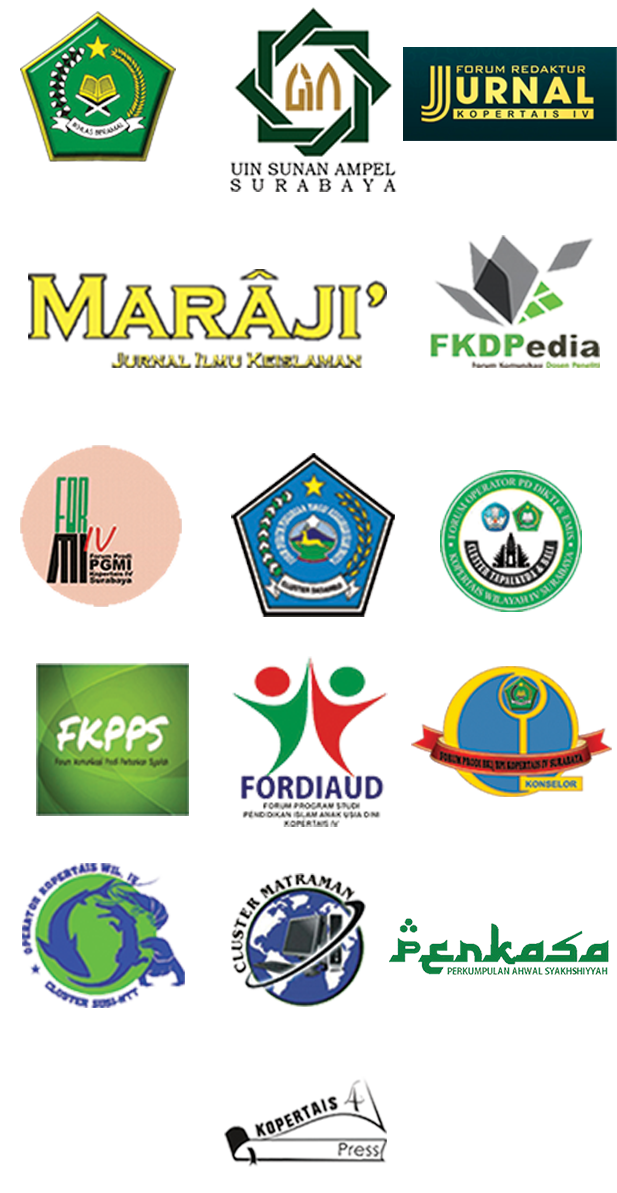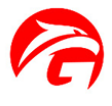Buku Cerita Aktivitas STEM Islami sebagai Media Penguatan Literasi dan Profil Pelajar Pancasila
Abstract
Storybooks are an effective medium for strengthening literacy and can act as a learning resource to cultivate character. In storybooks, games and activities can also be developed to grow the skills of students. Learning that links Science, Technology, Engineering, and Mathematics (STEM) in an integrated manner began to develop in various countries and began to be applied in Indonesia through a prototype curriculum. STEM learning is known to be effective in developing students' collaboration skills, thinking skills, and motor skills through project implementation. This article will discuss 1) the role of Islamic STEM Storybooks to strengthen student literacy, and 2) how to bring up the elements of the Pancasila Student Profile which consists of Belief in One God and Noble Morals, Global Diversity, Critical Thinking, Creative Thinking, Independence, and Mutual Cooperation in Islamic STEM Activity Storybooks.
Downloads
References
Dos Reis, T. A. (2018). Study on the alpha generation and the reflections of its behavior in the organizational environment. Quest Journals Journal of Research in Humanities and Social Science, 6(1), 9–19.
Edwards, D., & Potts, A. (2008). What is literacy? Thirty years of Australian literacy debates (1975--2005). Paedagogica Historica, 44(1–2), 123–135.
Farwati, R., Metafisika, K., Sari, I., Sitinjak, D., Solikha, D. F., & Putra, E. E. (2021). STEM Education Dukung Merdeka Belajar (dilengkapi dengan Perangkat Pembelajaran Berbasis STEM). CV. DOTPLUS Publisher. https://books.google.co.id/books?id=TeIhEAAAQBAJ&hl=id&sitesec=reviews
Kemendikbud. (2019). Hasil PISA Indonesia 2018: Akses Makin Meluas, Saatnya Tingkatkan Kualitas. 4 December 2019. https://www.kemdikbud.go.id/main/blog/2019/12/hasil-pisa-indonesia-2018-akses-makin-meluas-saatnya-tingkatkan-kualitas
Kemndikbud, D. (2021). Profil Pelajar Pancasila. http://ditpsd.kemdikbud.go.id/hal/profil-pelajar-pancasila
Koyuncu, .Ilhan, & Firat, T. (2020). Investigating reading literacy in PISA 2018 assessment. International Electronic Journal of Elementary Education, 13(2), 263–275.
McCrindle, M. (2021). Generation Alpha. Hachette UK.
Mkandawire, S. B. (2018). Literacy versus Language: Exploring their Similarities and Differences. Journal of Lexicography and Terminology (Online ISSN 2664-0899. Print ISSN 2517-9306)., 2(1), 37–56.
Nudiati, D., & Sudiapermana, E. (2020). Literasi sebagai kecakapan hidup abad 21 pada mahasiswa. Indonesian Journal of Learning Education and Counseling, 3(1), 34–40.
Permanasari, A. (2016). STEM education: Inovasi dalam pembelajaran sains. Prosiding SNPS (Seminar Nasional Pendidikan Sains), 3, 23–34.
PISA. (2019). PISA 2018 Results (Volume I) What Students Know and Can Do. https://doi.org/https://doi.org/10.1787/5f07c754-en
Rifenta, F. (2019). Konsep pemikiran Mehdi Golshani terhadap sains Islam dan modern. Kalimah: Jurnal Studi Agama Dan Pemikiran Islam, 17(2), 23–24.
Teguh, M. (2020). Gerakan literasi sekolah dasar. Jurnal Pendidikan Dasar Flobamorata, 1(2), 1–9.
Thoyib, M. (2013). Model Integrasi Sains dan Agama dalam Perspektif JF Haught dan M. Golshani: Landasan Filosofis bagi Penguatan PTAI di Indonesia. AKADEMIKA: Jurnal Pemikiran Islam, 18(1), 1–28.
Zuchron, D. (2021). Tunas Pancasila. Ditjen PAUD, Dikdas,dan Dikmen Kemendikbud Republik Indonesia.
Copyright (c) 2022 Kartika Metafisika

This work is licensed under a Creative Commons Attribution-ShareAlike 4.0 International License.









